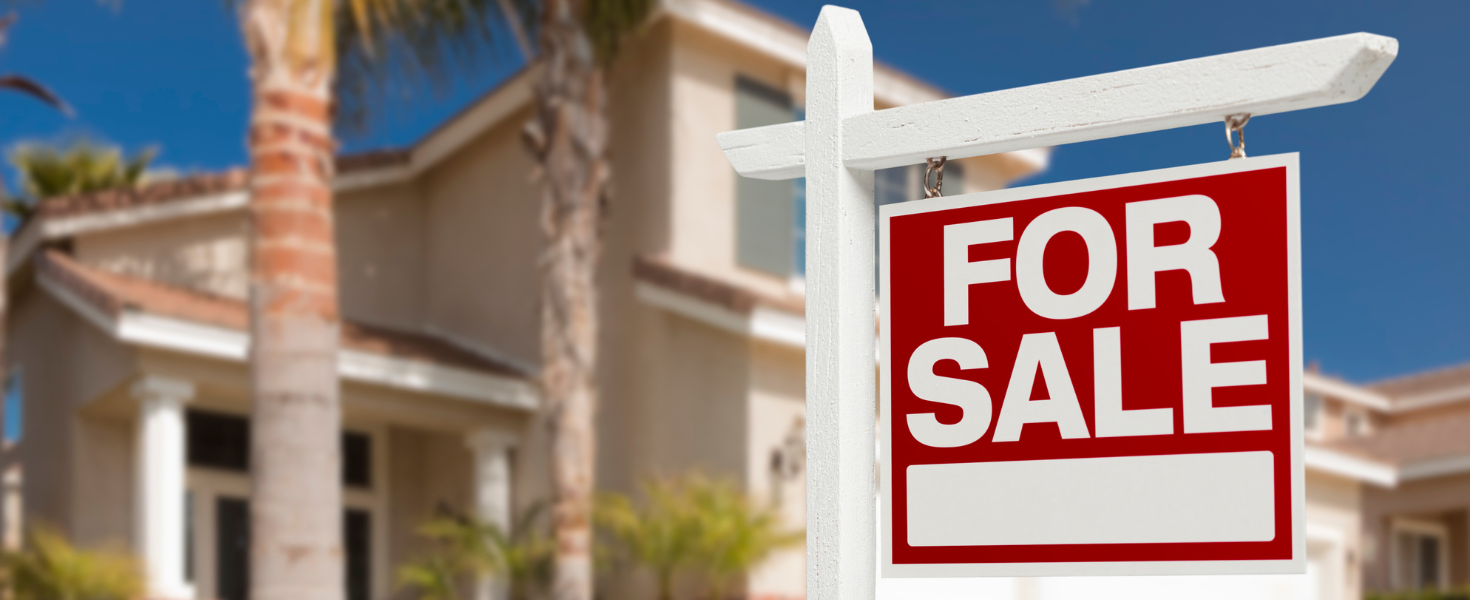
When thinking about the costs of purchasing a home, most first-time home buyers focus on the amount needed for the down payment. However, there are also closing costs, which can quickly add up.

WHAT ARE CLOSING COSTS ON A HOME?
Closing costs are processing fees paid to the lender for your loan. These costs include title searches, a home appraisal, and more. You can usually expect closing costs to range between 3% and 6% of your loan. The total closing costs can vary depending on where you live, the type of loan, and other factors, such as underwriting fees.
COMMON CLOSING COSTS
To help ensure you are budgeting correctly, it's important to get information about closing costs in advance. Here's a list of the most common closing costs.
Title or “deed” service costs. The title is a document that recognizes the legal owner of a home, and you receive it upon closing. Lenders charge title service fees so they can initiate title searches before closing to make sure there aren’t any outstanding claims or liens. Fees for this service can include a title search, title settlement, and more. Additional costs will vary based on the location of the home, its price, and other factors. Title service fees can range between $100 and $2,000. Appraisal costs. For most home purchases, an appraisal will be done before closing to help determine the fair market value of the home. Home appraisal fees will vary depending on the home's condition, size, and location. On average, appraisal costs in 2022 for a single-family home ranged between $313 and $422, whereas the fees for a multi-family home ranged between $600 and $1,500. Prepaid costs. Homeowners insurance and property taxes are prepaid costs you will pay at closing. You will also be expected to pay homeowners association fees if applicable. Your lender will transfer part of your mortgage payment into your escrow account to cover future payments of homeowners insurance and property taxes.Miscellaneous costs. There are other numerous closing costs a home buyer may need to pay. While these costs run the gamut, they can include:
- Flood certification
- Loan origination fees
- Title underwriting
- Courier fees
- Pest inspection fees
- Lead-based paint inspection fees
- Survey fees
- Rate lock fees
.png)
WHO PAYS THE CLOSING COSTS?
Buyers and sellers pay closing costs, but the buyer pays the majority of the costs. However, it’s possible to negotiate with the seller to minimize the amount of closing costs you pay. In real estate, this is known as seller concessions, which can be useful if you’re concerned about having the extra money to afford closing costs.
HOW CAN I ESTIMATE CLOSING COSTS?
At a minimum, you should budget your closing costs to be 3% of your loan. To play it safe, set aside 6% or more. To get detailed information on your closing costs, ask your lender and real estate agent about your area’s property taxes, and if there are state fees you’ll be required to pay. You can use a closing costs calculator like the one offered by Bank of America, to get a detailed estimate.
TIPS FOR REDUCING CLOSING COSTS
Fortunately, there are ways you can reduce your closing costs so you can put more money toward your home. One way is to evaluate lenders by comparing their fees and interest rates, so you can get the most out of your loan.
Another way to lower closing costs is to ask the seller to contribute. This solution works best in a buyer’s market since the seller might be eager to complete the sale. It’s a win for both the buyer and seller because it reduces the closing costs for the buyer and locks in the sale for the seller. If it’s a seller’s market, the seller might not be as willing to negotiate closing costs.

